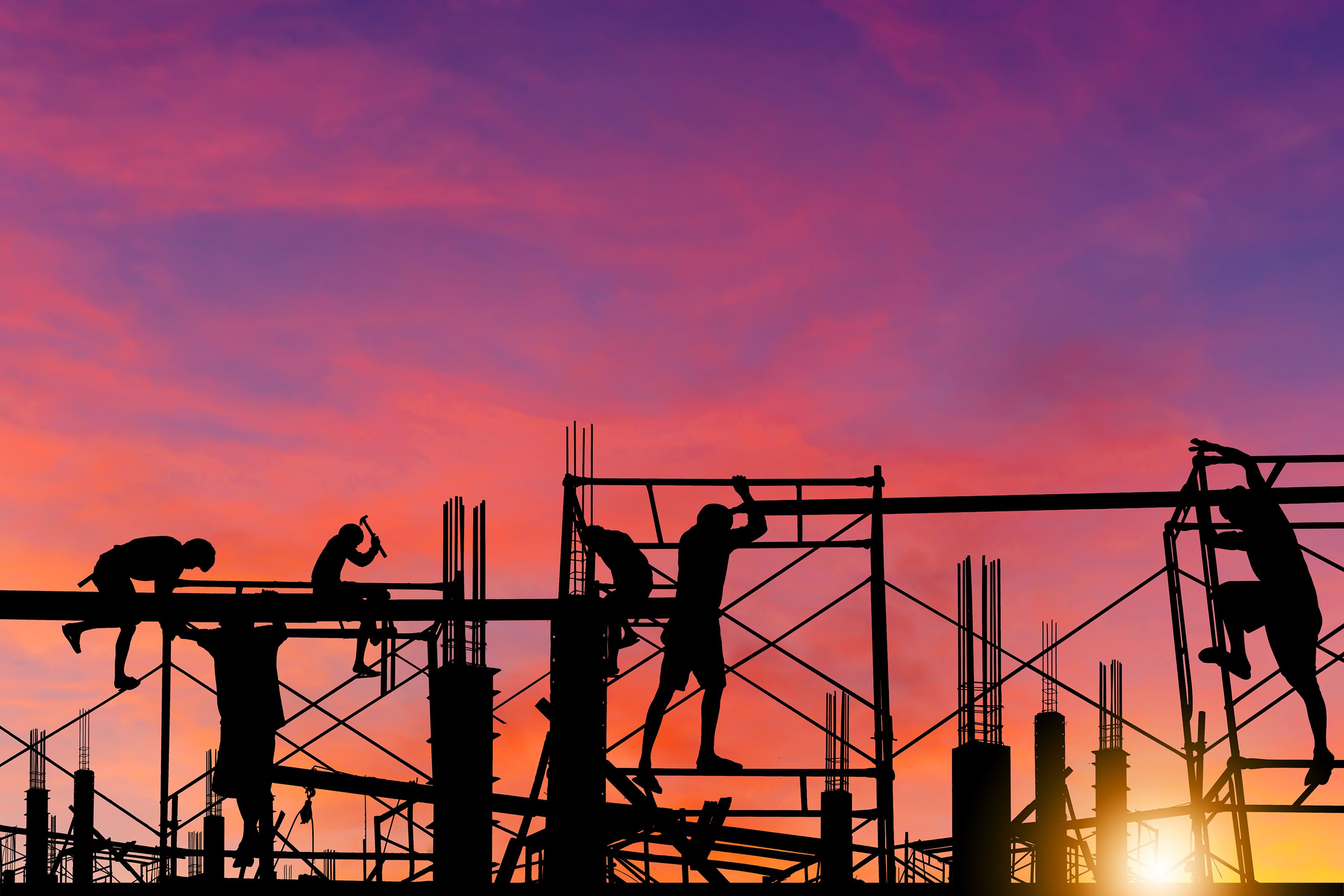In the wake of the COVID-19 pandemic, businesses across the world are being forced to adjust on the fly. Like most sectors right now, the construction industry is taking a hit. Some projects are being halted by state governments. Others are facing a materials shortage. The impact of the pandemic is being felt everywhere, and for construction companies dealing with the fallout, there are steps that can be taken to help protect employers and employees both from a health and financial standpoint. Additionally, there are many initiatives currently being taken by the Associated General Contractors (AGC) of America to help companies throughout the country.
- Protecting the health of those in the industry is paramount, and when it comes to federal paid leave mandates under the Families First Coronavirus Response Act, the AGC of America has been fighting for means that improve the lives of those in the construction industry. The AGC of America has continuously pushed back against flaws in the legislation that hurts those in the construction sector. The Act covers private sector employers with fewer than 500 employees, public sector employers with one or more employees, as well as a good cause exemption for employers that has less than 50 employees. Under the Act, the employer must provide two weeks of paid sick leave for full-time employees who are covered (there is a special rule for part-time employees). An employee must qualify in order to receive paid leave under the Act. This includes being subject to a state or federal quarantine, having been advised by a health care provider to self-quarantine, caring for someone under the aforementioned quarantines, caring for a child who cannot attend school or receive care due to the pandemic, or experiencing COVID-19 symptoms and seeking a diagnosis. Additionally, private sector employers with under 500 employees can seek a credit for wage replacement.
- On the legal side of this, the current pandemic would be classified as a force majeure event for many existing contracts. This is an outside force that makes the performance of a contract impractical, and construction contracts typically have a clause which addresses this kind of event. Whether there is an issue with the supply chain or a government shutdown on construction projects, completing a contract on time may not be plausible, but a force majeure clause can provide a high level of protection for a construction company. When dealing with exercising the rights of this clause, a party needs to give prompt written notice of a delay—if they don’t, then they may lose their remedies. After exercising this clause, a company is usually granted extra time, allowing for an extension to complete its side of the contract. Also, when it comes to creating protection in their deals, companies can also include escalation clauses in their contracts that factors in the increases and decreases in prices for labor and material.
- Also, if a construction company has not done so yet, it is important to get in touch with their CPA as soon as possible. There are a number of things that need to be discussed and closely examined as business plan out for the coming weeks, months, and years. A CPA can help a company navigate how to handle cashflow in the interim and prepare for returning to normal business operations in the future. Additionally, a CPA can guide a company on who it is liable to at this point, ensuring that the necessary parties are being paid at the right time.
- The AGC of America continues to fight for employers and employees across the nation. Because of its advocacy efforts during the pandemic, there have been over 22,000 messages sent to Congress in just three days—a number that will continue to go up. The AGC of America has focused its advocacy efforts on helping employer cash flow, making sure that public construction markets have immediate access to funds in order to build critical infrastructure, and working to create long-term financial recovery for the construction sector. The COVID-19 pandemic has changed the way the construction industry operates right now, but AGC of America is committed to protecting both employers and employees in the short and long-term.

